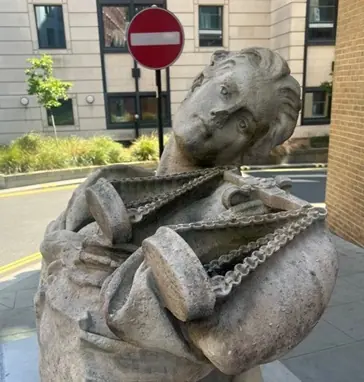A Lucas Direction, stemming from the case of R v Lucas (Ruth) [1981] EWCA Crim J0519-8, is a legal principle used in criminal trials to guide the jury on how to consider the evidence of lies told by a defendant. The case of Regina v Lucas (Ruth) is a landmark decision that established the criteria under which a lie can be considered as evidence of guilt.
The case involved Iyabode Ruth Lucas, who was convicted at Reading Crown Court on two counts of being knowingly concerned in the fraudulent evasion of the prohibition of the importation into the UK of a controlled drug, namely cannabis, contrary to the Misuse of Drugs Act 1971. The conviction was based on her arrival from Nigeria at Gatwick and Heathrow airports with significant quantities of cannabis. The appeal focused on whether the trial judge gave a correct direction on the question of corroboration of the evidence provided by an accomplice.
The Court of Appeal, led by Lord Lane LCJ, held that the mere fact that a defendant has lied is not in itself evidence of guilt. People may lie for various reasons, such as shame, panic, or the desire to cover for someone else. Therefore, a Lucas Direction instructs the jury that they can only consider a lie as evidence supporting guilt if certain conditions are met:
The lie must be deliberate.
Lucas Direction Conditions
The lie must relate to a material issue.
The lie must be told after the crime.
The lie must be told before there is a strong suspicion of guilt.
The jury must be satisfied that the lie was told to conceal guilt, and even then, it is not conclusive proof of guilt but merely an additional piece of evidence to be weighed with all other evidence in the case.
The Lucas Direction is significant because it protects defendants from being unjustly convicted based solely on their lies. It ensures that the jury understands that not all lies are indicative of guilt and that they must carefully consider the context and reasons for the lie before drawing any inferences.
The principles from Regina v Lucas (Ruth) have been cited in numerous subsequent cases and have become an integral part of jury instructions in criminal trials. It reflects the careful balance that must be struck in the justice system between the prosecution’s need to prove guilt and the protection of the rights of the accused.
In summary, the Lucas Direction serves as a safeguard against wrongful convictions and underscores the importance of a fair trial. It is a reminder that while the truth is paramount in the pursuit of justice, the reasons behind a person’s actions, including their lies, must be thoroughly examined and understood. The legacy of Regina v Lucas (Ruth) continues to influence the administration of justice, ensuring that juries are properly directed on how to approach evidence of lies in the context of a criminal trial.
We recommend you should always seek formal legal advice if required, from a qualified and reputable lawyer (solicitor or barrister).
We have a number of links to Free Legal Resources and Legal Organisations on our Free Legal Advice , Legal Aid and Pro Bono pages.
Read the reviews of Gavin Howe Barrister
“He is awful, underhanded and should not be practising law!”
Latest Articles
- What is a Paralegal ?A paralegal is a legal professional who performs tasks that require knowledge of legal concepts but does not hold the… Read more: What is a Paralegal ?
- What is a Judgment ?A judgment, also known as a judicial decision or court ruling, is the final decision made by a court of… Read more: What is a Judgment ?
- What is an Adverse Inference ?Adverse inference is a legal principle that plays a significant role in various areas of law, including criminal, civil, and family law. It arises… Read more: What is an Adverse Inference ?
- BarristersA barrister is anyone who has been Called to the Bar in England and Wales. For a barrister to offer… Read more: Barristers




